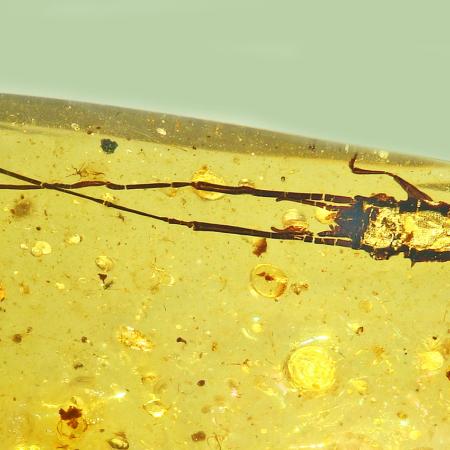It may take a legion of scuba divers armed with nets and spears, but a new study confirms for the first time that controlling lionfish populations in the western Atlantic Ocean can pave the way for a recovery of native fish.
Even if it’s one speared fish at a time, it finally appears that there’s a way to fight back.
Scientists at Oregon State University, Simon Fraser University and other institutions have shown in both computer models and 18 months of field tests on reefs that reducing lionfish numbers by specified amounts – at the sites they studied, between 75-95 percent – will allow a rapid recovery of native fish biomass in the treatment area, and to some extent may aid larger ecosystem recovery as well.
It’s some of the first good news in a struggle that has at times appeared almost hopeless, as this voracious, invasive species has wiped out 95 percent of native fish in some Atlantic locations.
Read more in OSU Newsroom
More of this article can be found in the OSU Library Archives




